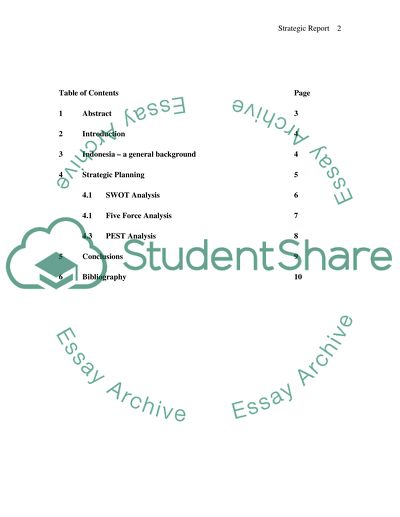Cite this document
(“Vodafone's Indonesian Expansion Essay Example | Topics and Well Written Essays - 1750 words”, n.d.)
Vodafone's Indonesian Expansion Essay Example | Topics and Well Written Essays - 1750 words. Retrieved from https://studentshare.org/social-science/1542026-preparation-of-detailed-strategic-report
Vodafone's Indonesian Expansion Essay Example | Topics and Well Written Essays - 1750 words. Retrieved from https://studentshare.org/social-science/1542026-preparation-of-detailed-strategic-report
(Vodafone'S Indonesian Expansion Essay Example | Topics and Well Written Essays - 1750 Words)
Vodafone'S Indonesian Expansion Essay Example | Topics and Well Written Essays - 1750 Words. https://studentshare.org/social-science/1542026-preparation-of-detailed-strategic-report.
Vodafone'S Indonesian Expansion Essay Example | Topics and Well Written Essays - 1750 Words. https://studentshare.org/social-science/1542026-preparation-of-detailed-strategic-report.
“Vodafone'S Indonesian Expansion Essay Example | Topics and Well Written Essays - 1750 Words”, n.d. https://studentshare.org/social-science/1542026-preparation-of-detailed-strategic-report.


